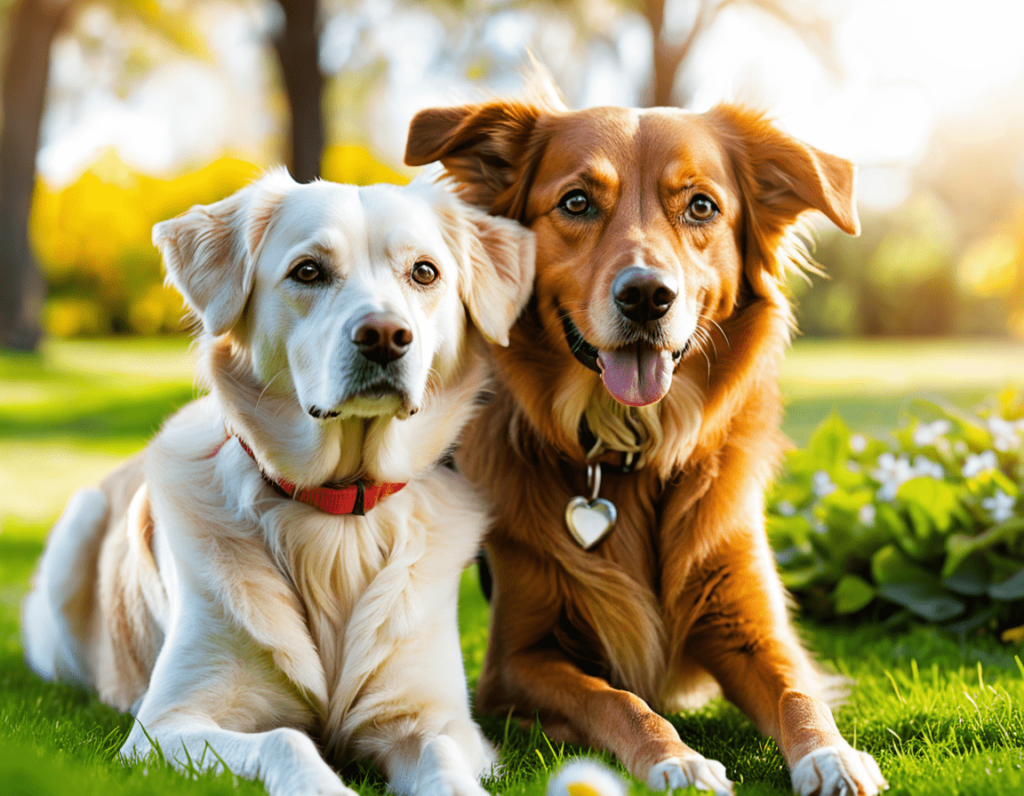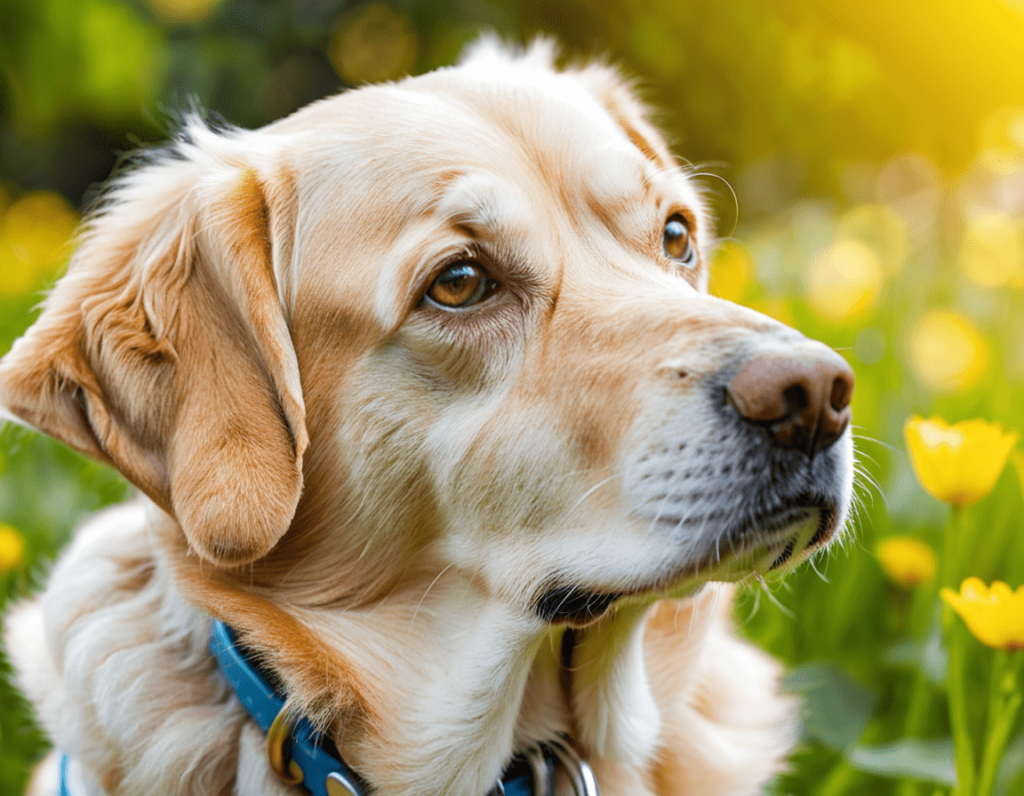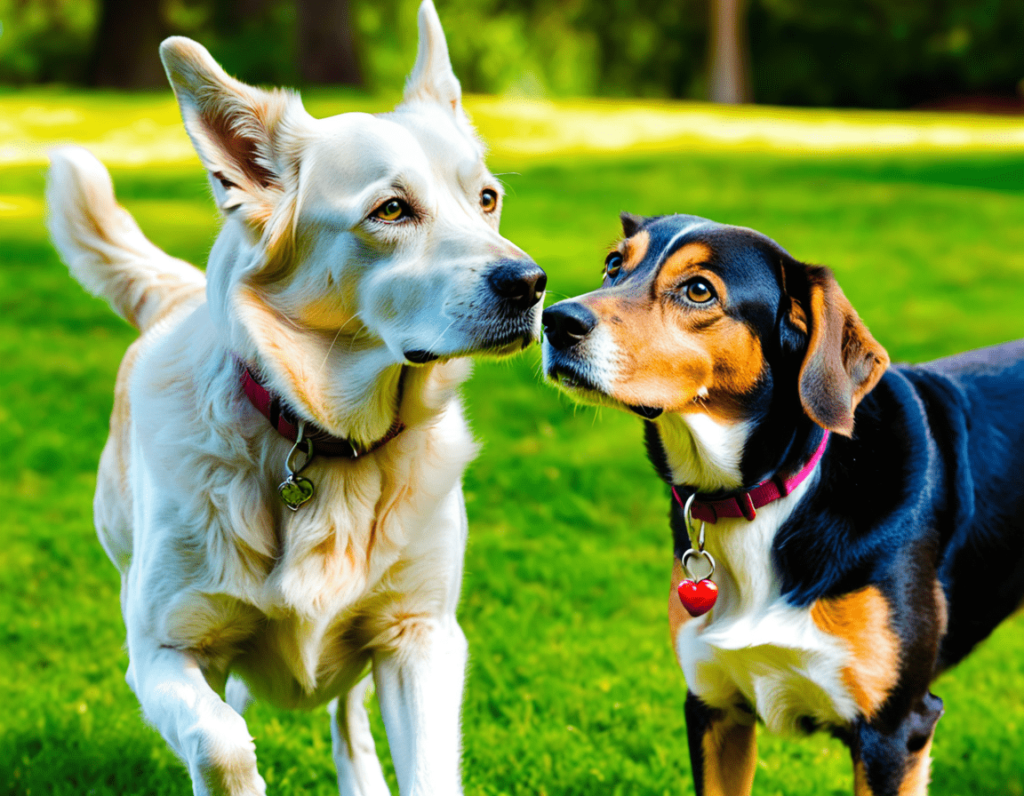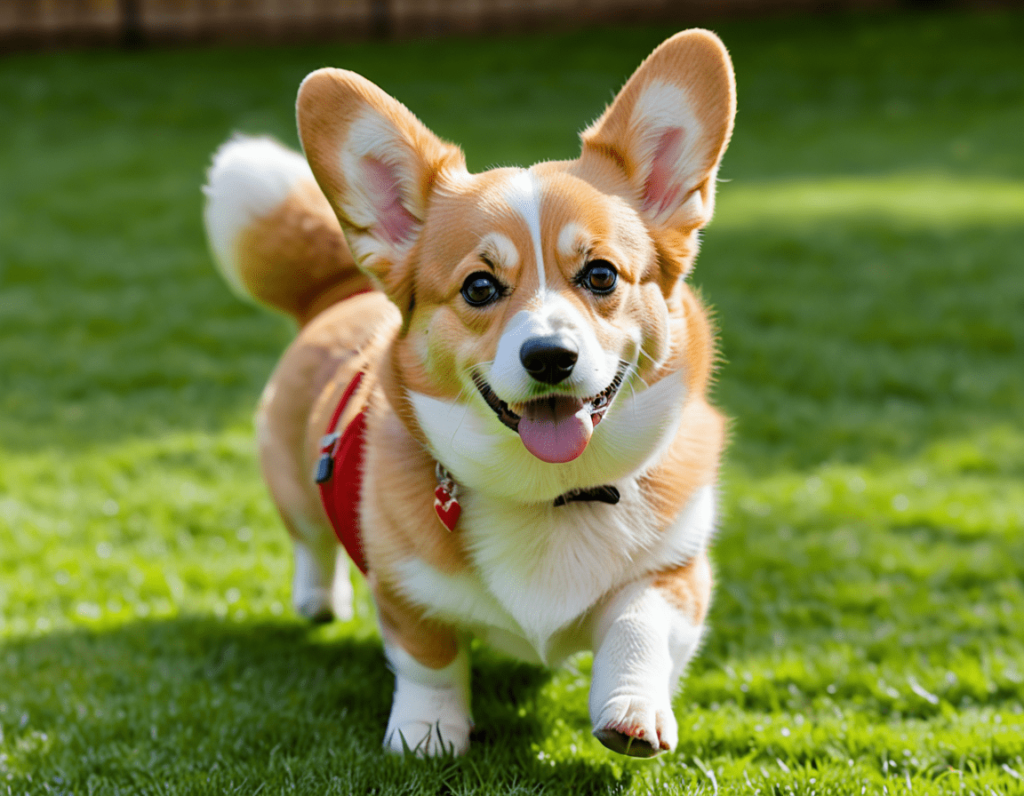
As our furry companions age, their needs change, and they become the wise old souls of the dog world. Just like us humans, senior dogs require extra love, care, and attention to ensure they enjoy their golden years. In this article, we’ll explore the ins and outs of senior dog care, sprinkled with a bit of humour to keep things light. So grab a comfy blanket for your pup and let’s dive in!
Understanding Senior Dogs
First things first, when does a dog become a “senior”? It varies by breed, but most dogs are considered seniors when they reach around 7 years old. Larger breeds tend to age faster, while smaller breeds might be well into their teens. You know your dog is getting older when their idea of playtime involves a nap on the couch instead of chasing squirrels!
Signs of Aging in Dogs
Like fine wine, dogs mature with age, but they might also show a few signs of wear and tear. Here are some common signs that your dog might be entering their senior years:
- Slower Movements: If your pup suddenly moves like they’ve just discovered a yoga class, it might be time for a vet check-up.
- Changes in Weight: Senior dogs can either gain or lose weight. Keep an eye on their waistline—no one wants a pooch that resembles a sausage roll!
- Less Energy: You might notice they’re not as eager to play fetch for hours on end. Instead, they might prefer a leisurely stroll to sniff out the neighbourhood gossip.
- Dental Issues: Just like us, older dogs can experience dental problems. Bad breath? Time for a vet visit!
- Changes in Behaviour: If your usually friendly dog suddenly becomes a bit grumpy or anxious, it might be due to discomfort or cognitive changes.

Tips for Senior Dog Care
1. Regular Vet Check-ups
Regular check-ups are crucial for senior dogs. Your vet can monitor their health and catch any issues early. Plus, they’ll get to know your dog’s unique personality—and might even become their new best friend (sorry, you might be replaced!).
2. Diet Matters
Nutrition is key for senior dogs. They need a balanced diet that’s lower in calories but rich in nutrients. Look for dog food specifically formulated for seniors. And don’t forget to consult your vet about any necessary dietary changes. After all, those treats shouldn’t just be for special occasions; they need to stay healthy too!
3. Exercise Is Important
While senior dogs may not be up for marathons, regular exercise is still essential. Short, gentle walks and some playtime can help keep their joints flexible and their minds sharp. Just remember to keep it light—no more 5-mile hikes unless your dog has been training like an athlete!
4. Comfortable Living Space
Make your home comfortable for your aging pup. Consider getting them a cosy bed that’s easy to get in and out of. Orthopaedic beds can be a game changer for dogs with arthritis or joint pain. And remember, no more high jumps—your dog should feel like they’re at a luxury spa, not an obstacle course!
5. Mental Stimulation
Keep your senior dog’s mind sharp with puzzle toys and interactive games. These can help prevent cognitive decline and keep them entertained. Plus, watching them figure out how to get that treat is downright adorable!
6. Grooming and Dental Care
Regular grooming helps keep your senior dog’s coat healthy and free from mats. It’s also a great way to check for any lumps or bumps. And don’t forget dental care! Brush their teeth regularly or provide dental treats to help keep their teeth and gums healthy. If they give you the side-eye during brushing, just tell them it’s a new dance move!
7. Pain Management
If your senior dog is showing signs of pain or discomfort, talk to your vet about pain management options. They can suggest treatments or medications to help your furry friend feel more comfortable and happy. After all, no one wants their dog to be a grumpy old man!
Conclusion
Caring for a senior dog is a rewarding experience filled with love, laughter, and the occasional “senior moment.” By paying attention to their changing needs and providing them with the care they deserve, you can help your furry friend enjoy their golden years to the fullest. Remember, they may be getting older, but they’ll always be your playful puppy at heart!

Senior Dog Care FAQs:
To provide you with more information on caring for your senior canine companion, here are some frequently asked questions (FAQs) about senior dog health and care.
1. At what age is a dog considered a senior?
Answer: Most dogs are considered seniors when they reach around 7 years of age, but this can vary based on their breed and size. Larger breeds tend to age faster, while smaller breeds might not reach their senior years until they are 10 or 12. So, if your Great Dane starts using a walker, you know it’s time for some extra care!
2. What dietary changes should I make for my senior dog?
Answer: As dogs age, their metabolism slows down, and they may require fewer calories but more fiber. Look for high-quality senior dog food that contains essential nutrients and is easy to digest. You might also want to consult your vet for specific dietary recommendations based on your dog’s health.
3. How often should I take my senior dog to the vet?
Answer: Regular vet check-ups are essential for senior dogs, ideally every six months. These visits can help catch potential health issues early and keep your dog’s vaccinations and preventive care up to date. It’s like a biannual spa day for them—just with more probing and less pampering!
4. What signs indicate my senior dog is in pain?
Answer: Signs that your senior dog may be in pain include limping, reluctance to move or play, whining, excessive panting, or changes in behavior. If you suspect your dog is in pain, consult your vet for an evaluation and possible treatment options. Remember, a happy dog is a wiggly dog!
5. How can I help my senior dog stay mentally stimulated?
Answer: Keeping your senior dog mentally stimulated can include puzzle toys, interactive games, or training sessions. Simple obedience commands or tricks can also engage their minds. A little mental workout can go a long way—just don’t expect them to understand calculus!

6. Should I consider pet insurance for my senior dog?
Answer: Pet insurance can be a wise investment, especially for senior dogs, who may require more veterinary care. Some policies cover routine care, while others focus on emergencies. Just be sure to read the fine print—after all, you don’t want to be surprised by hidden fees when your pup needs treatment!
7. What should I do if my senior dog has mobility issues?
Answer: If your senior dog is having trouble getting around, consider using ramps or stairs to help them access their favourite spots. You can also look into dog wheelchairs or mobility harnesses for added support. Think of it as a little upgrade to their lifestyle—like a mobility scooter, but with more tail-wagging!
8. Can senior dogs still learn new tricks?
Answer: Absolutely! Senior dogs can still learn new tricks, although their attention spans might be a little shorter. Keep training sessions short and positive, using plenty of praise and treats. Who knows? Your senior dog might just become the star of the neighbourhood talent show!
9. What are the best activities for senior dogs?
Answer: Gentle walks, short play sessions, and mental games are ideal for senior dogs. Consider taking them on leisurely strolls in the park, where they can sniff around and explore without too much strain. Just remember, it’s more about enjoying the journey than racing to the finish line!
10. How can I make my home more senior dog-friendly?
Answer: To create a senior dog-friendly home, consider:
- Removing obstacles: Clear away clutter and create a safe pathway.
- Using non-slip mats: These can help prevent slips and falls on slippery floors.
- Adjusting furniture: Ensure your dog can easily access their favourite spots without jumping too high.
- Providing cosy resting areas: Offer soft, accessible beds where they can relax comfortably.
Final Thoughts
Caring for a senior dog is not just about meeting their physical needs; it’s also about showering them with love, patience, and understanding. They’ve spent years being your loyal companion, and now it’s your turn to give them the best quality of life as they age gracefully.
Embrace the little quirks that come with their seniority, and remember that every tail wag and gentle nuzzle is a sign of their love for you. As they settle into their twilight years, cherish each moment together, whether it’s snuggling on the couch, taking a slow stroll, or simply enjoying the quiet companionship that only a senior dog can offer.


